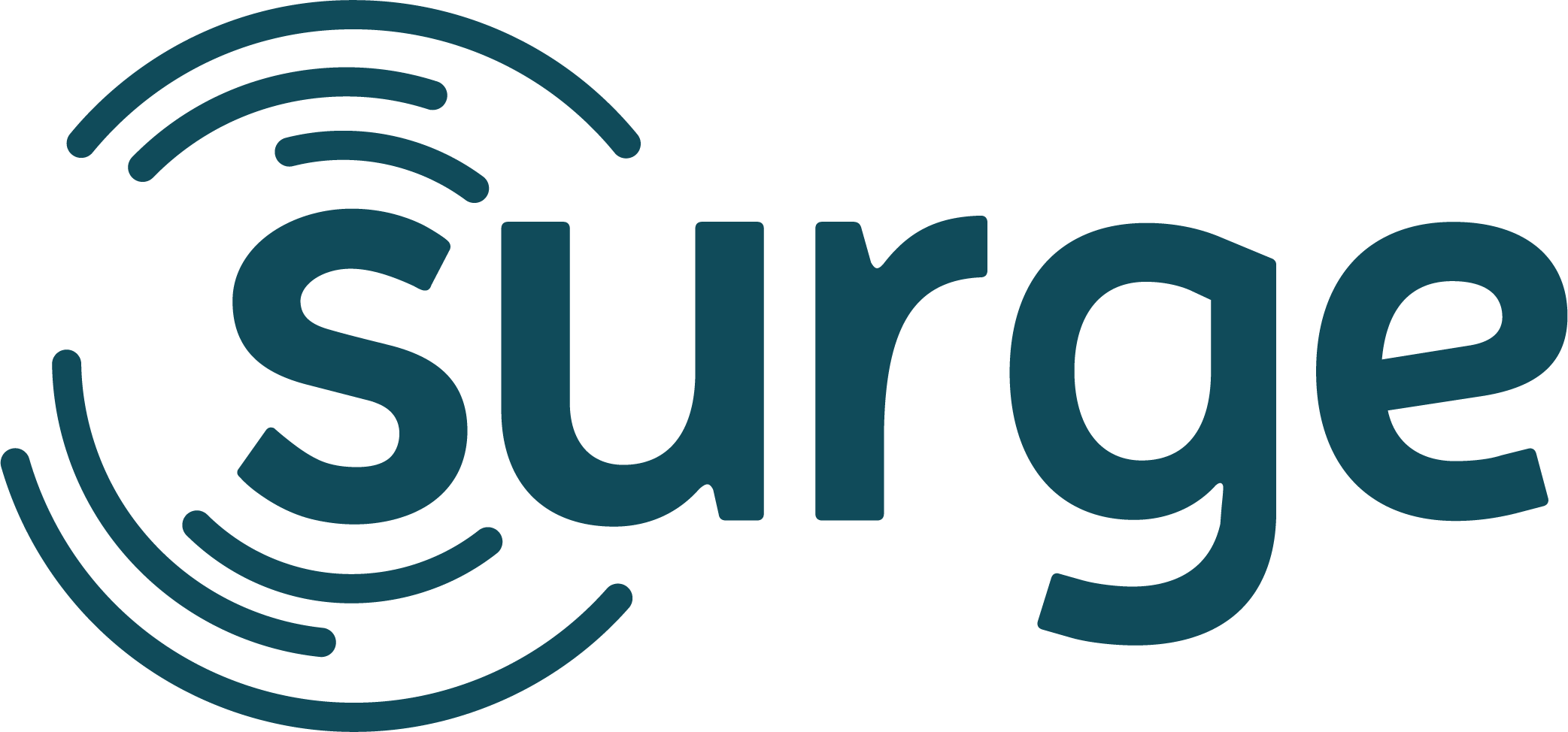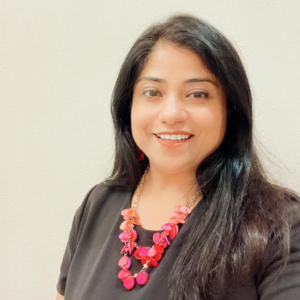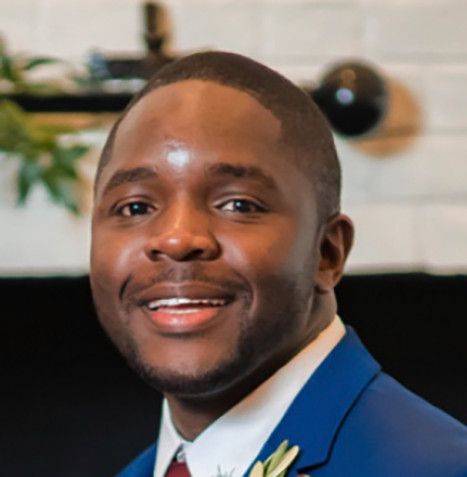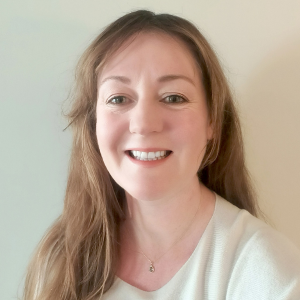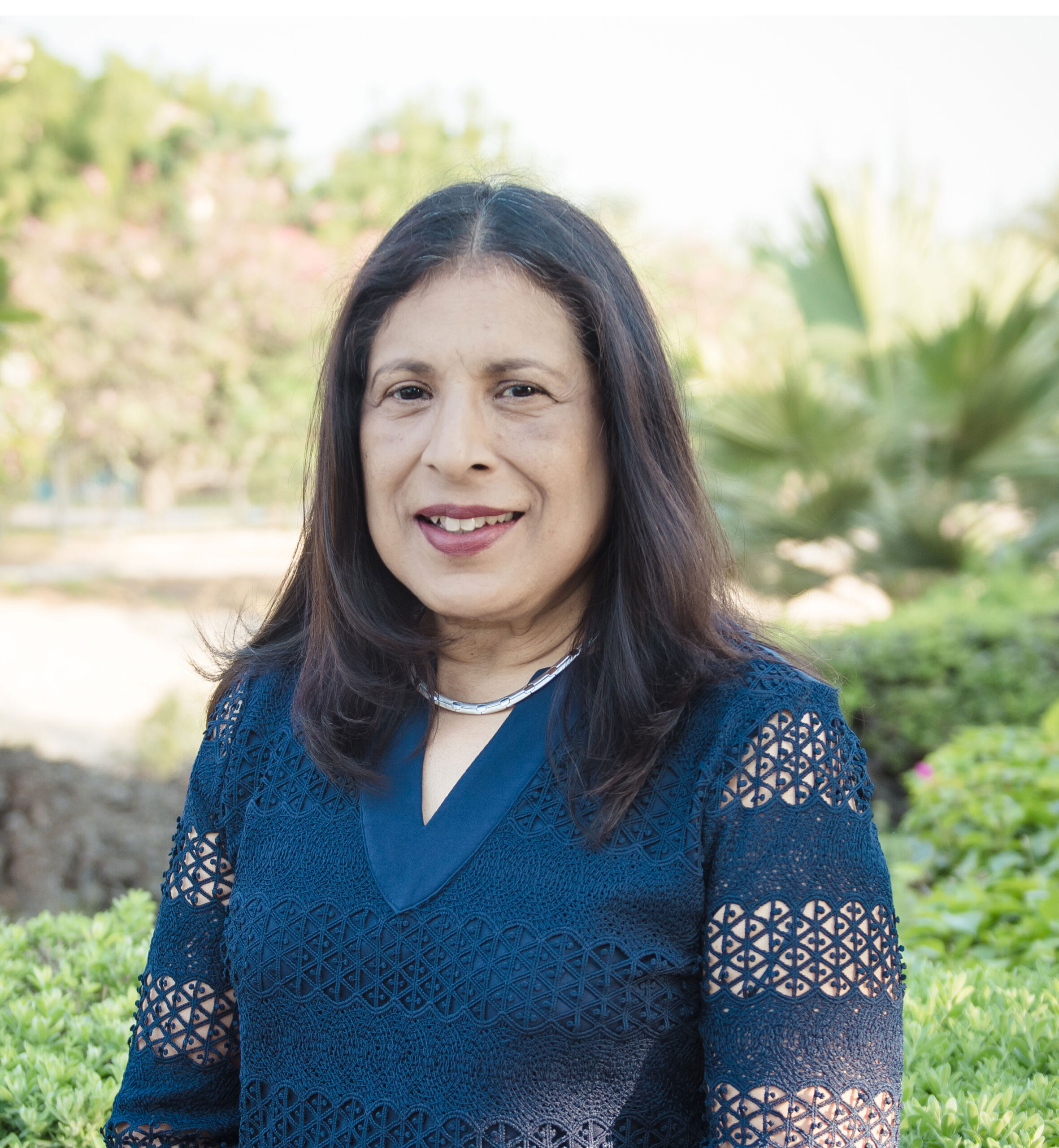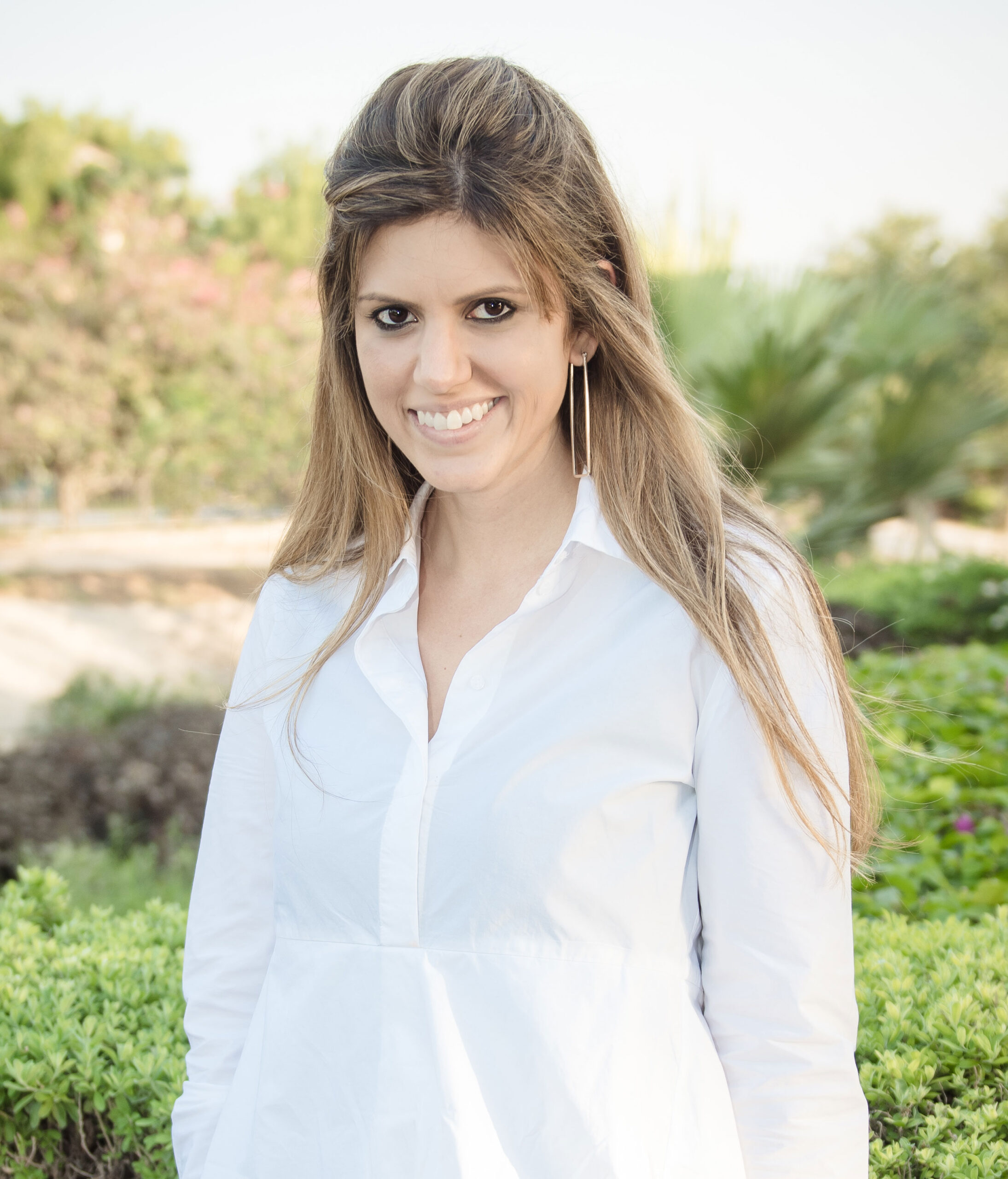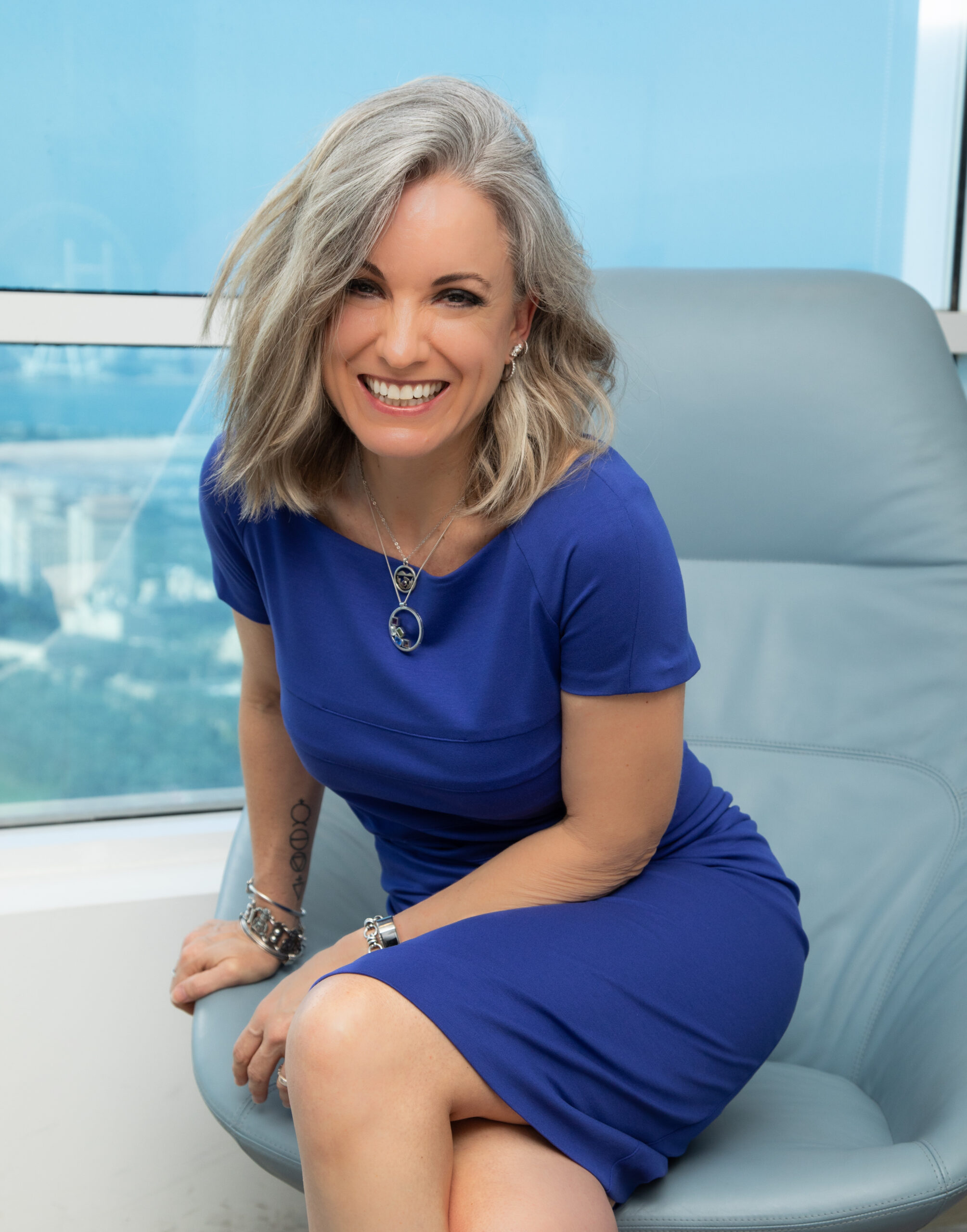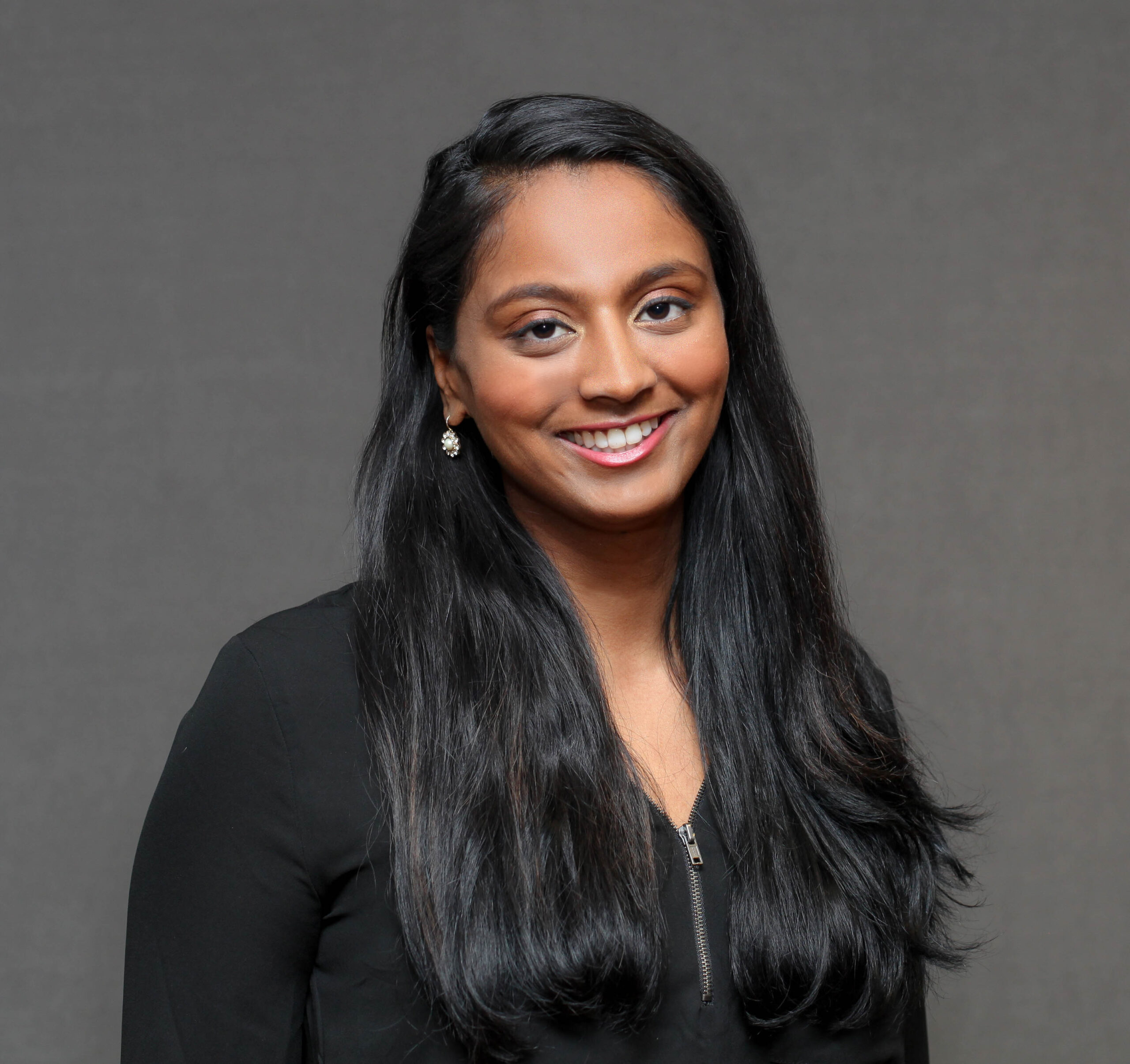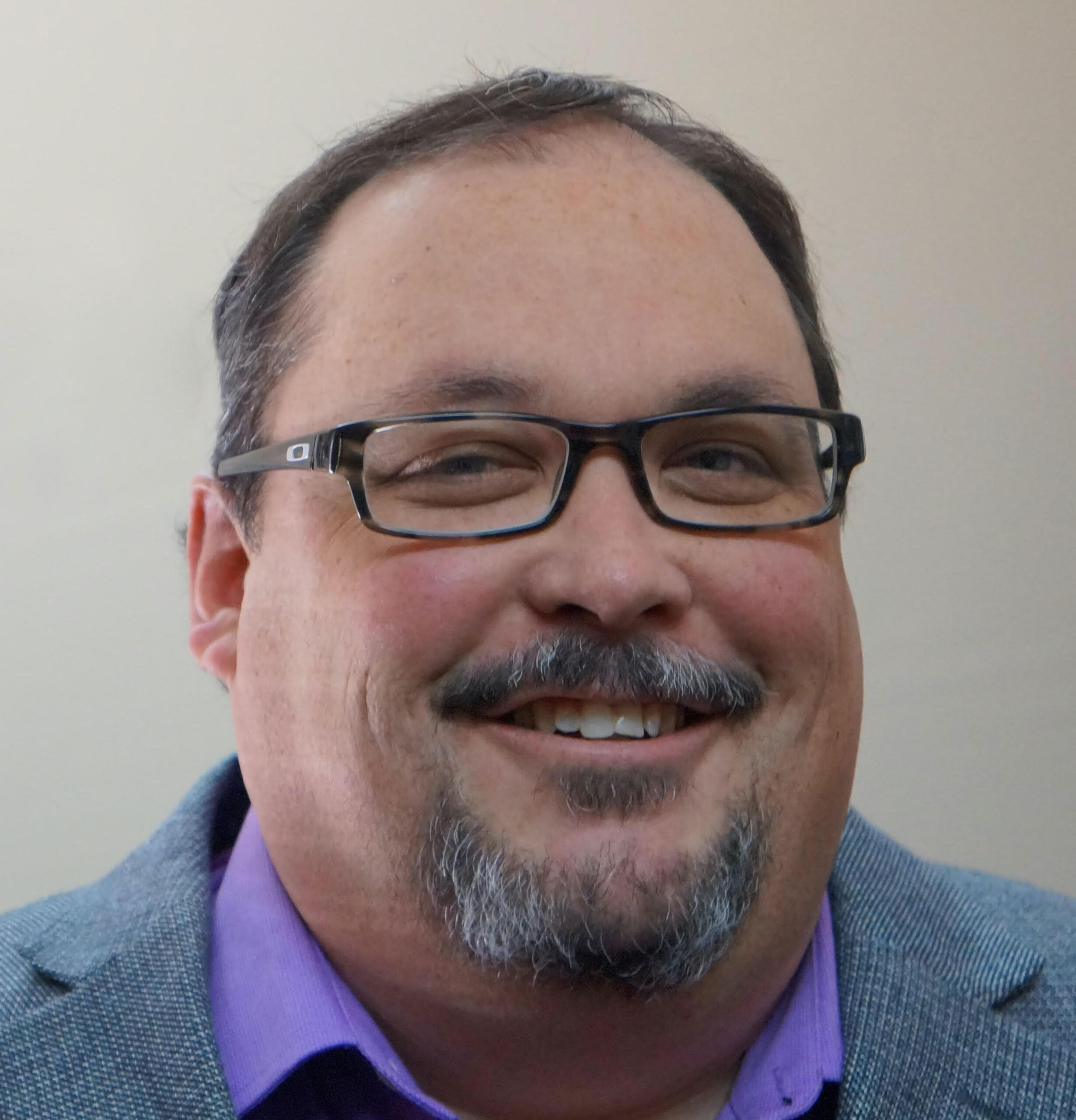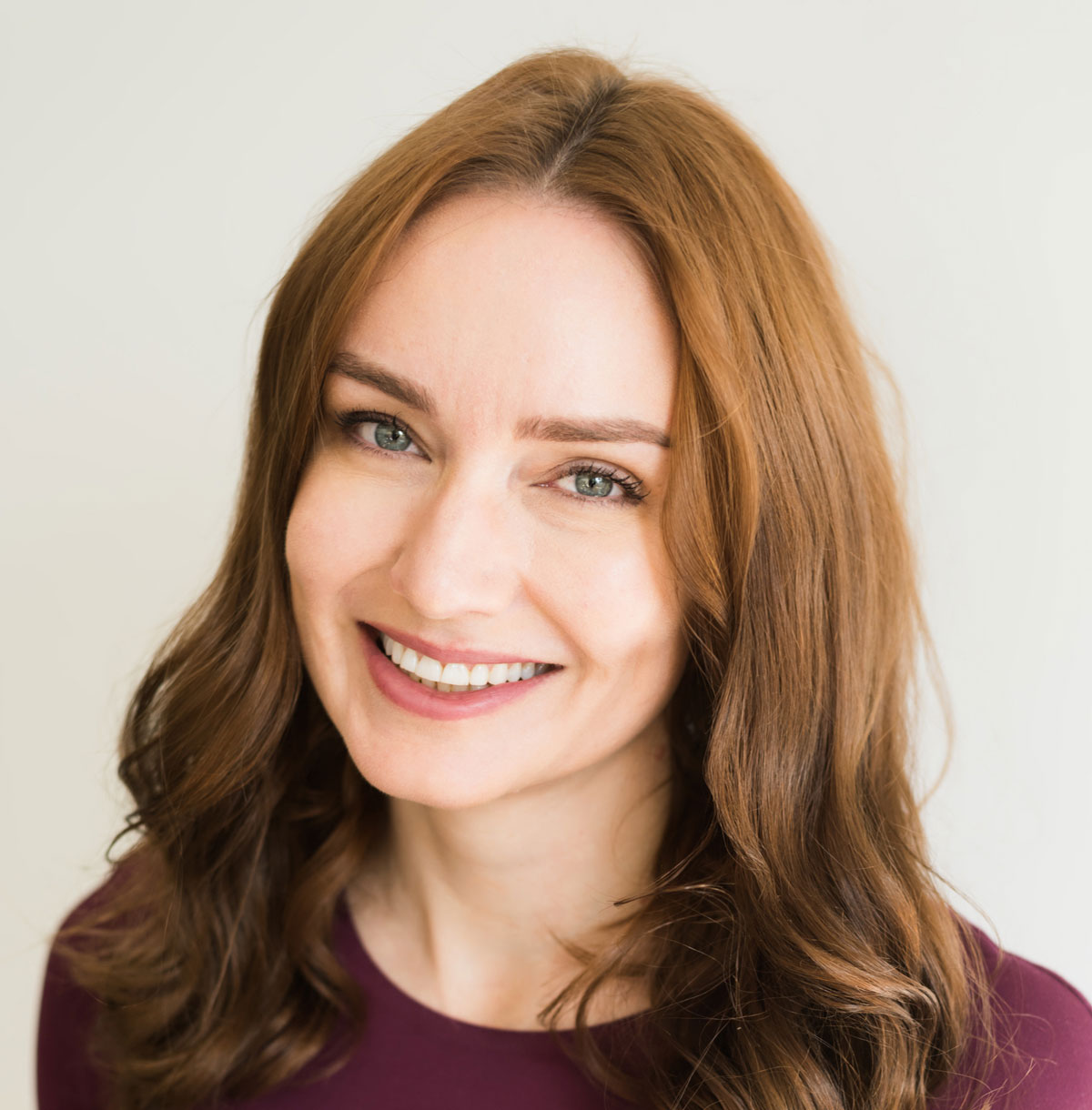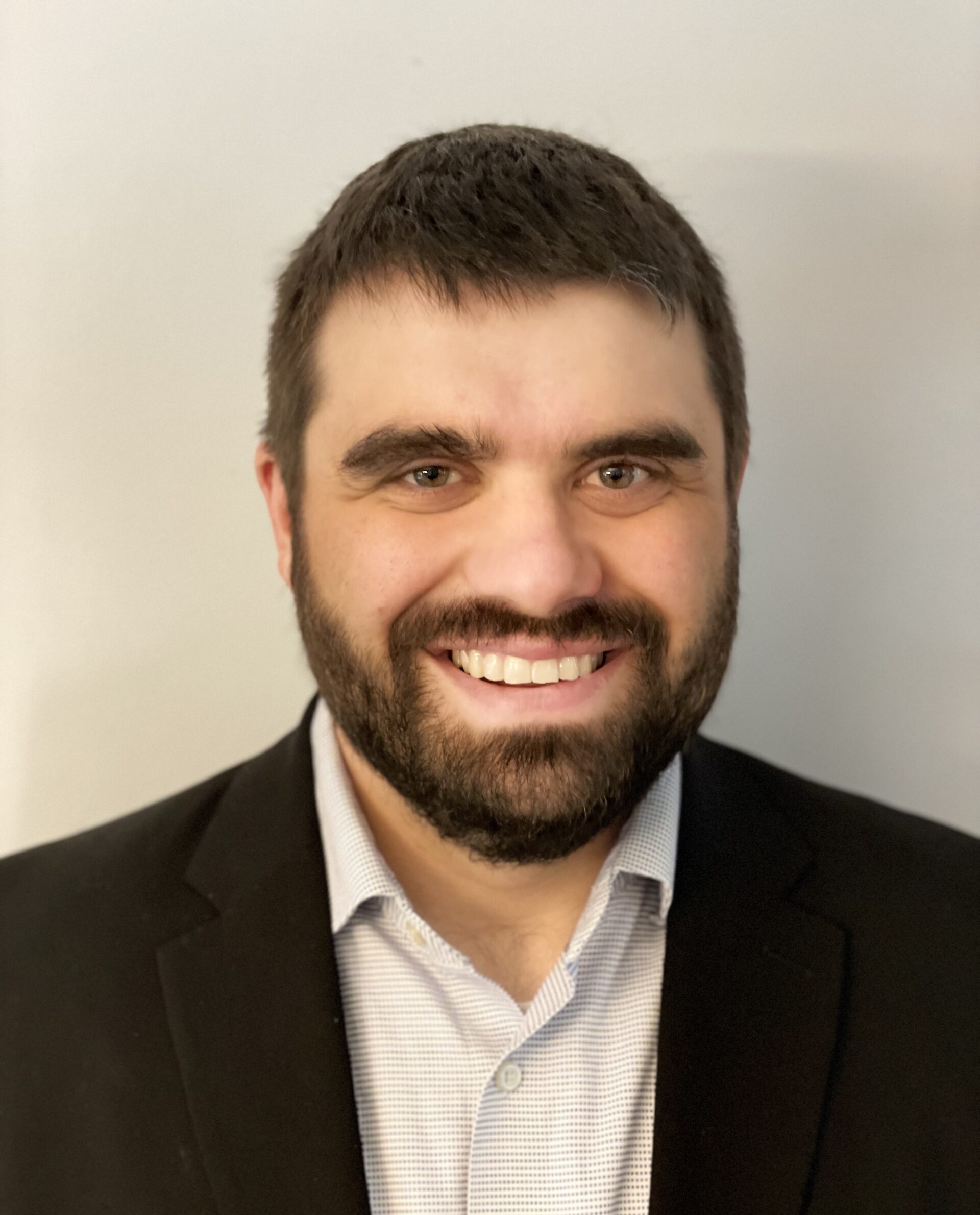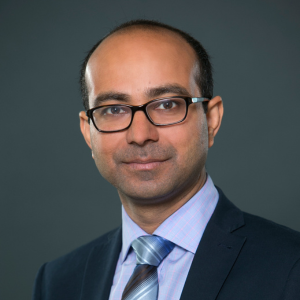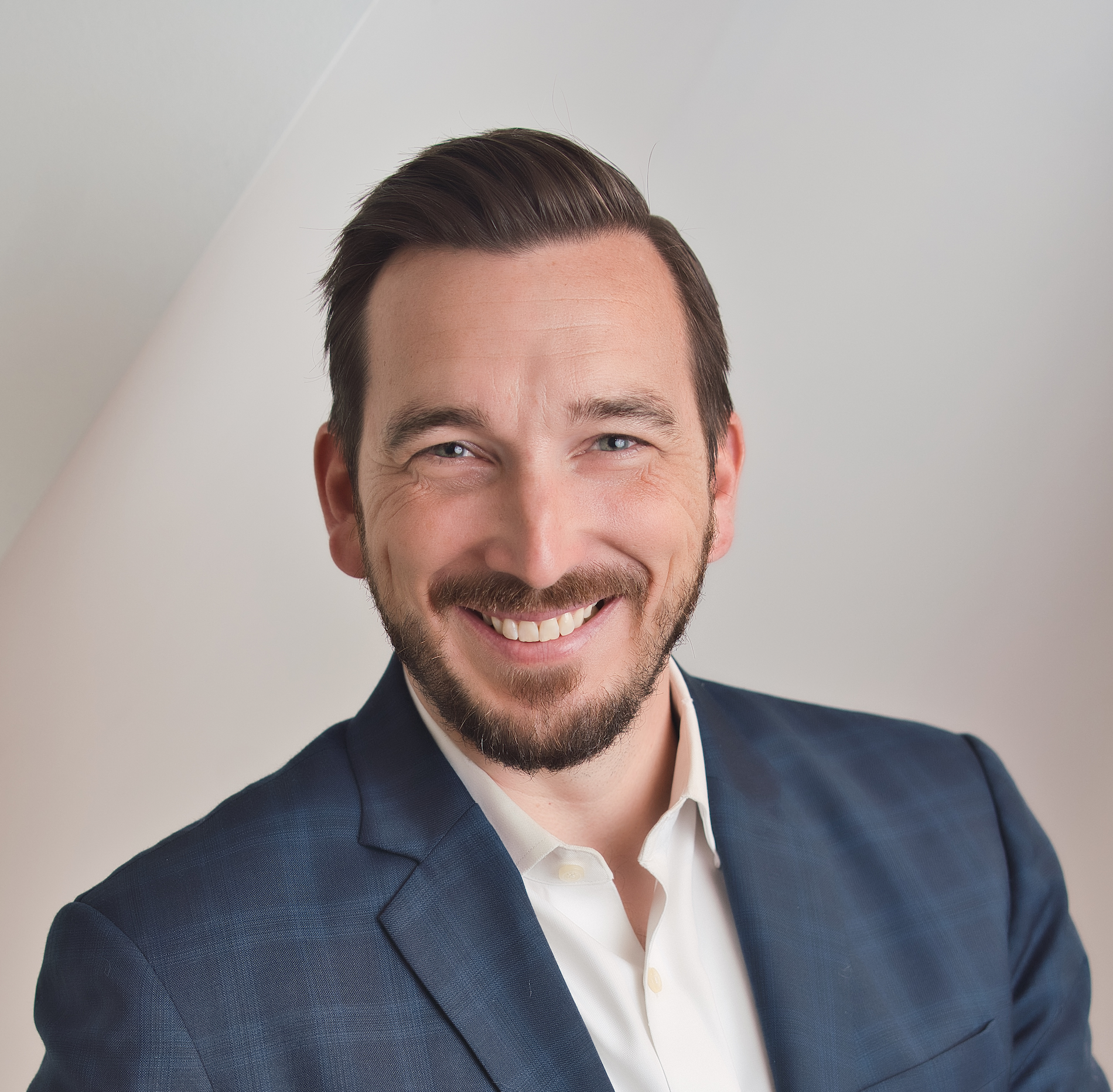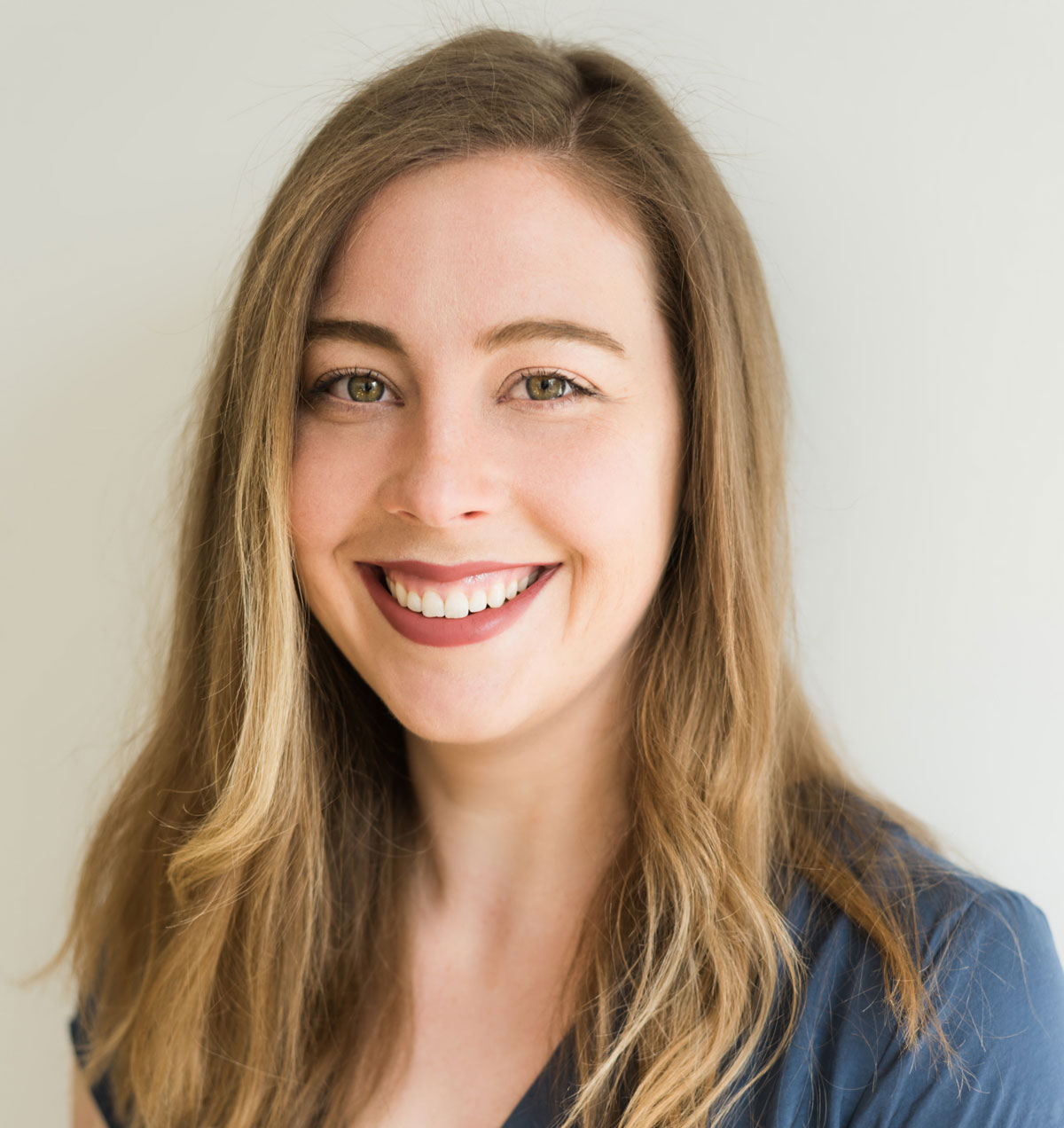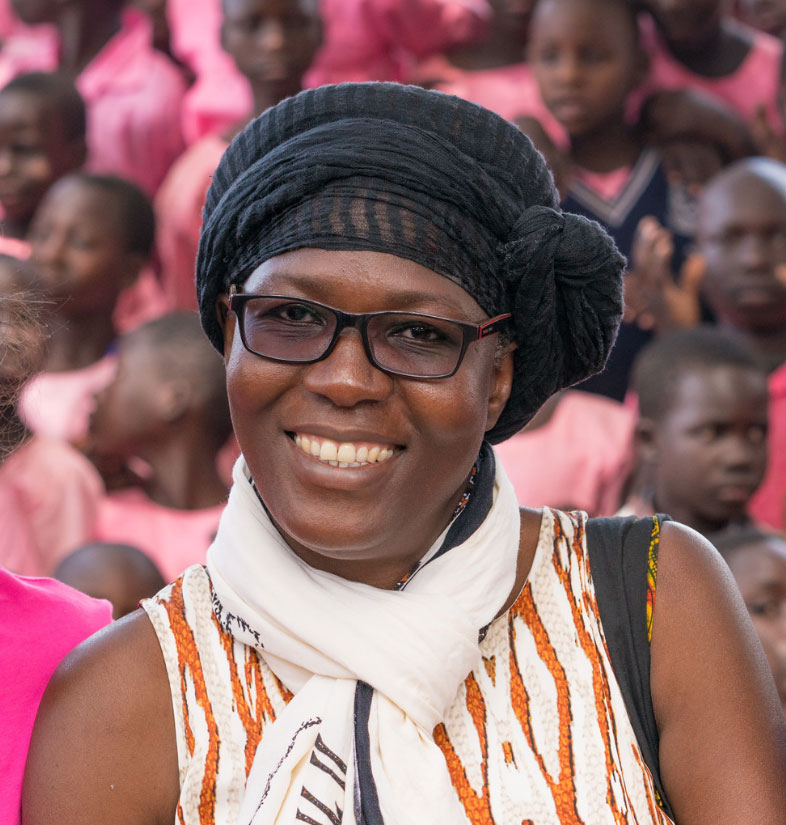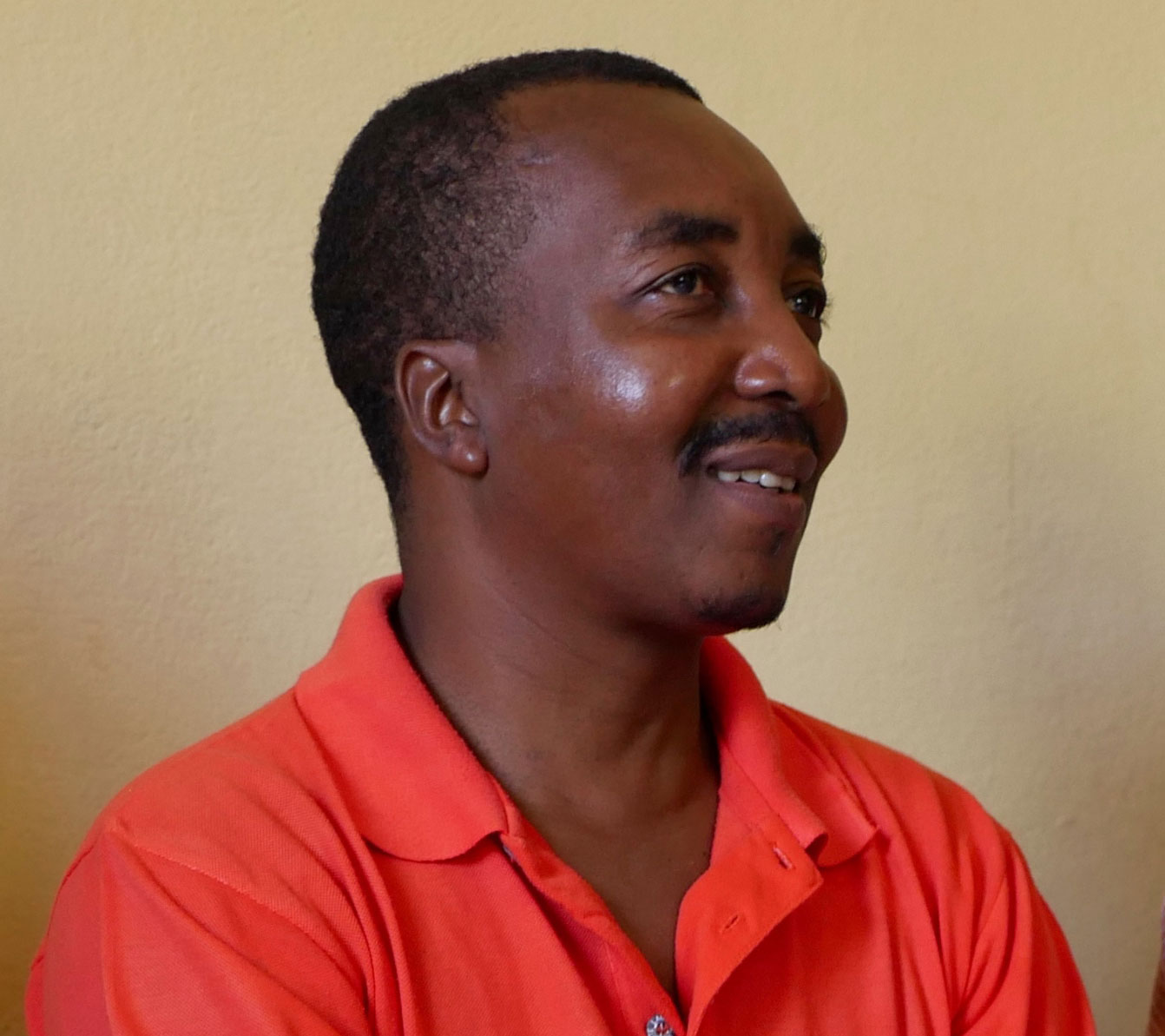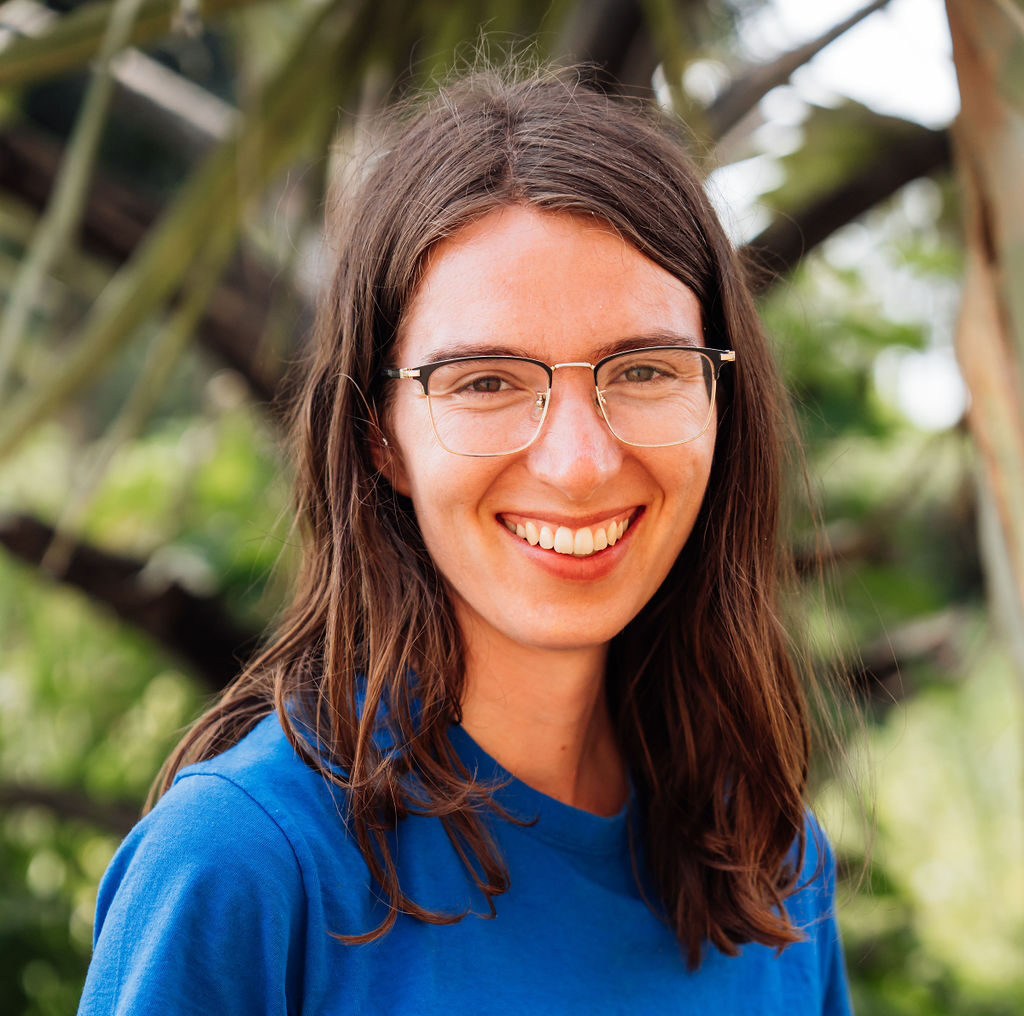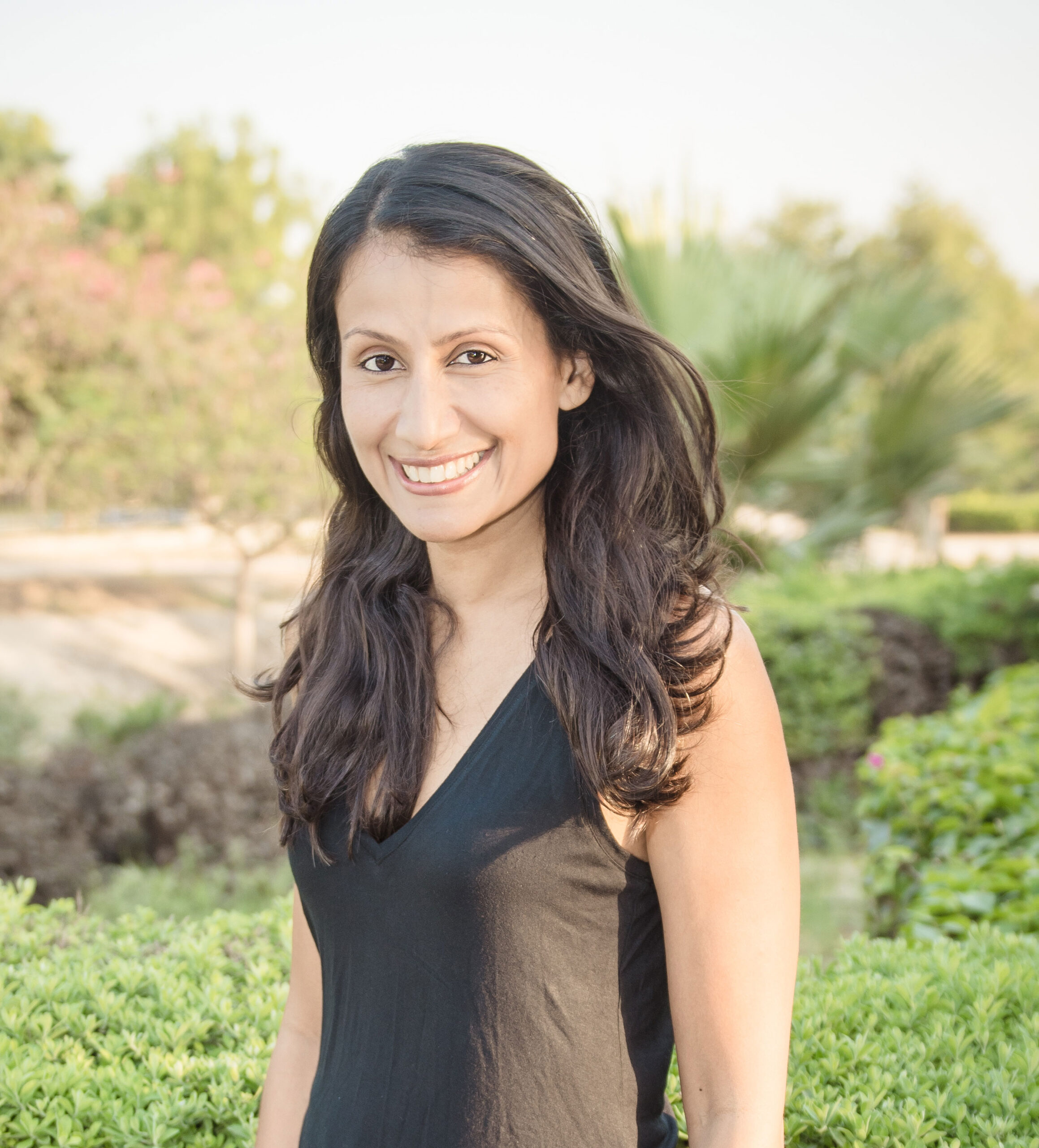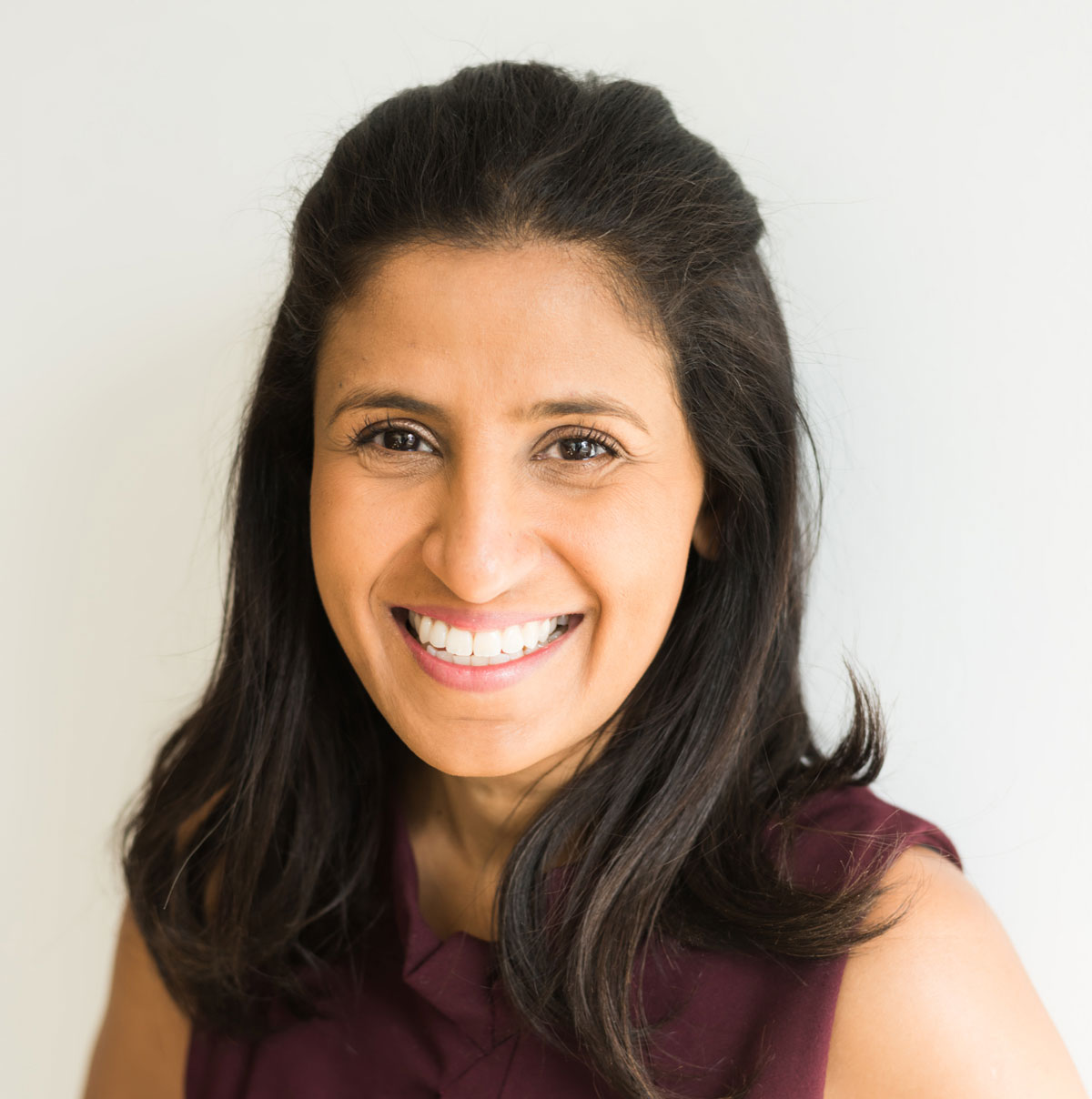Since early August, our local implementing partner POPOW has been hard at work making sure that communities across Kaberamaido and Kalaki, Uganda, have access to clean, safe water. With their support, we have brought clean water to another 17 communities! Surge’s water access solutions are tailored to community needs. These 17 communities have been impacted through two well drills, two spring protections, and thirteen well rehabilitations. Through this work, 24,127 people now have access to clean, safe water!
Two Communities Receive Well Drills
Odingoi Community, home to 1,700 people, never had a source of safe water. The closest sources of safe water were three to five kilometers away, so the community members often collected water from an open well shared with animals. Waterborne diseases like typhoid were common in the community.
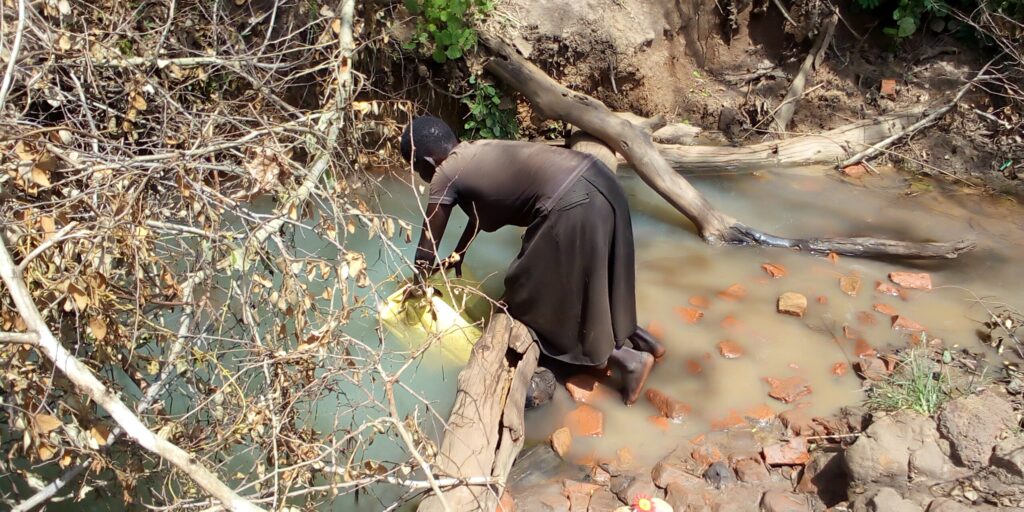
The situation at Napyanga Primary School was similar. The 810 students didn’t have a source of water at school, which affected their focus and led to increased rates of absenteeism. The closest water source was just over a kilometer away, and students often skipped school in order to go get a drink of water. For both of these communities, the only solution was to drill new wells. When drilling a new well, we work hand-in-hand with community leaders and the local government. We also hire a local technical team of engineers and pump mechanics. Today, 1,700 community members in Odingoi Community and 1,100 people at Napyanga Primary School have access to clean, safe water!
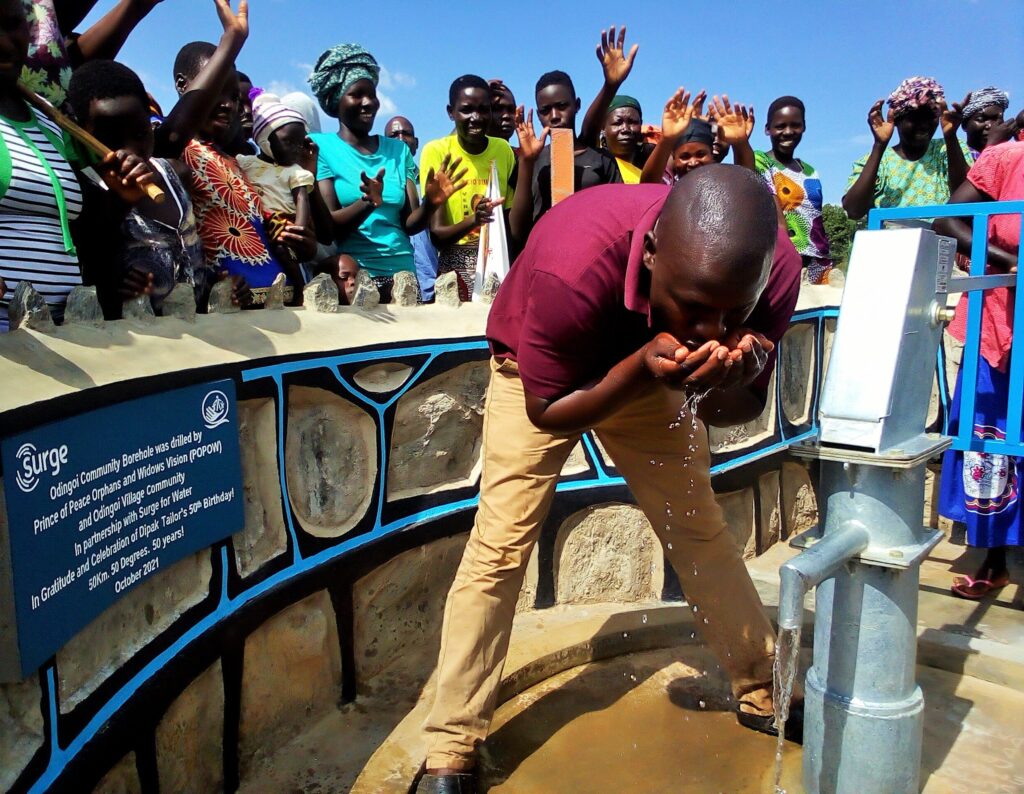
Spring Protection in Two Communities
Kalaki Town Council Community spring is an “all-year round spring well”, meaning that even during the dry season it doesn’t dry up. This makes it a reliable source of water to the 2,939 people that rely on it.
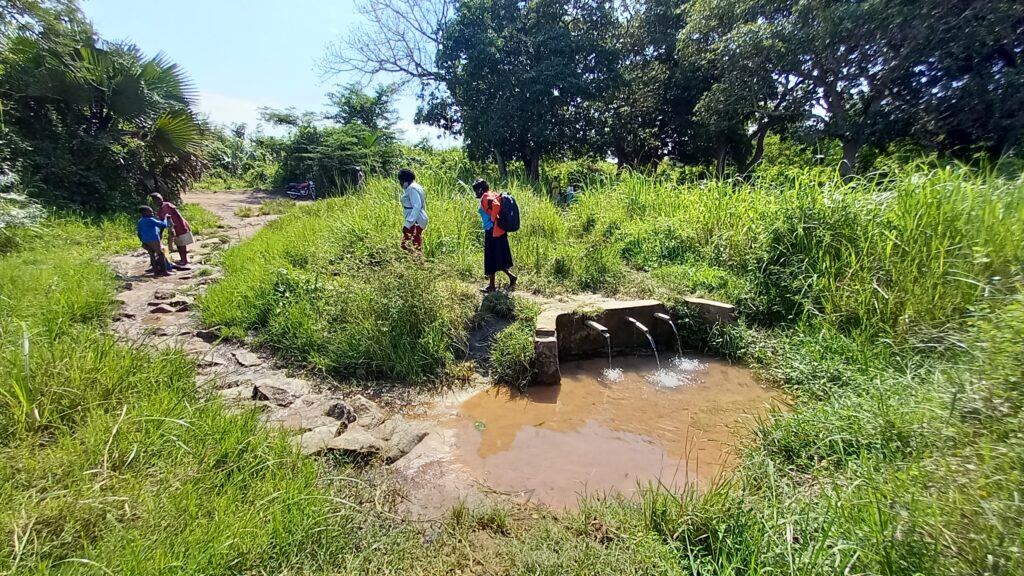
In Olyerai Community, three young men saw that water was scarce in their area and excavated and maintained a spring well. A total of 1,840 people relied on this spring and collected the water for domestic use.
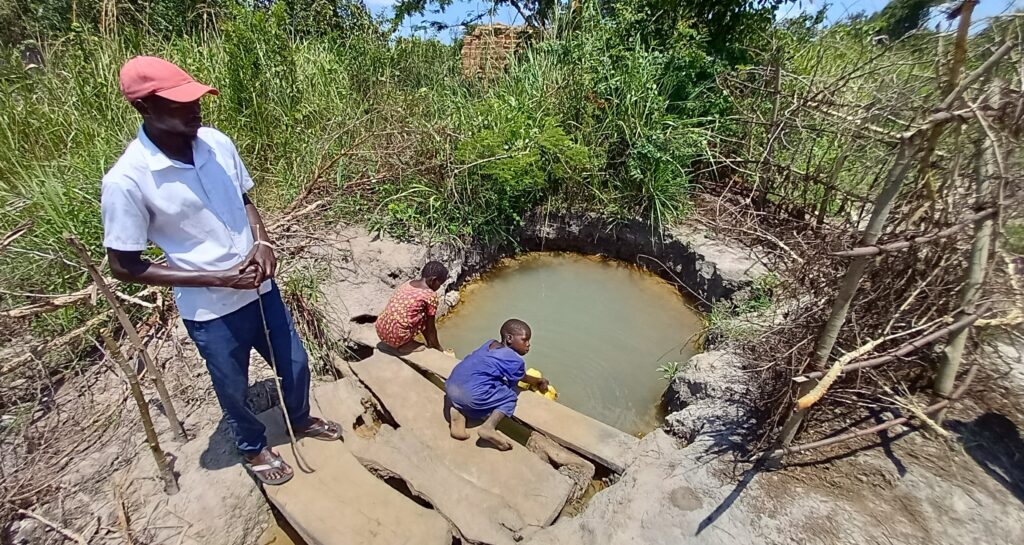
Now, with their water sources protected, people from both communities are able to fetch water quicker, easier, and more comfortably – without risk of falling in. Acen and Atim, water users at Olyerai Community, shared what having their water source protected meant to them:
We used to drink water that we knew was dirty and unsafe, but because we had no choice, we collected the water as it was. Children fell frequently ill because of the dirty water. Herdsmen also came to this same well to give their animals a drink, making it even riskier for us to drink. Now that our water source is repaired, we collect water with a lot of ease and comfort, without fear, because it is now visibly cleaner and safer than before.
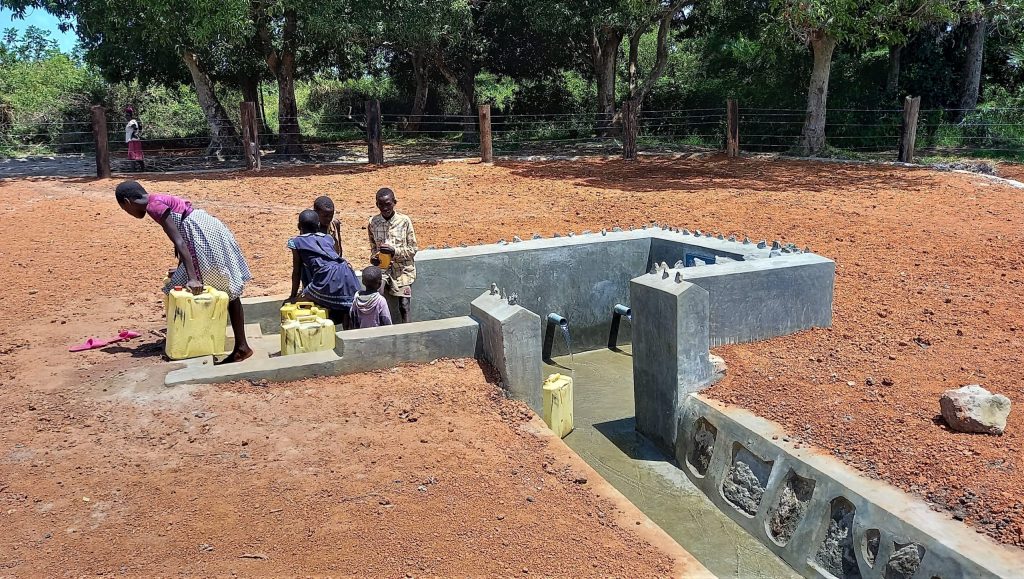
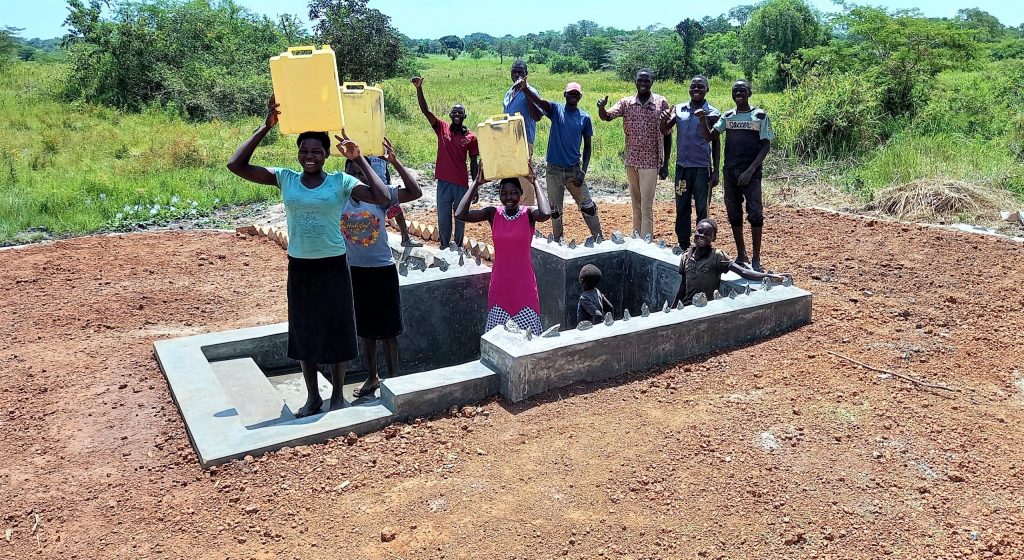
Thirteen Well Rehabilitations Bring Water to 16,548 People
While well drills and spring protections are important aspects of the work we do, most of the communities we work in simply need help rehabilitating their current borehole. In most cases, their boreholes have stopped working due to corroding pipes, weak parts, and lack of funds to continually fix the problems. This was true in Ewaru Community, home to 782 people, whose water source was drilled in the 1930s. Most of the system was worn out, causing it to frequently break down. The water users attempted to collect repair fees when it was broken, but they could never collect enough money to buy parts of a higher standard.
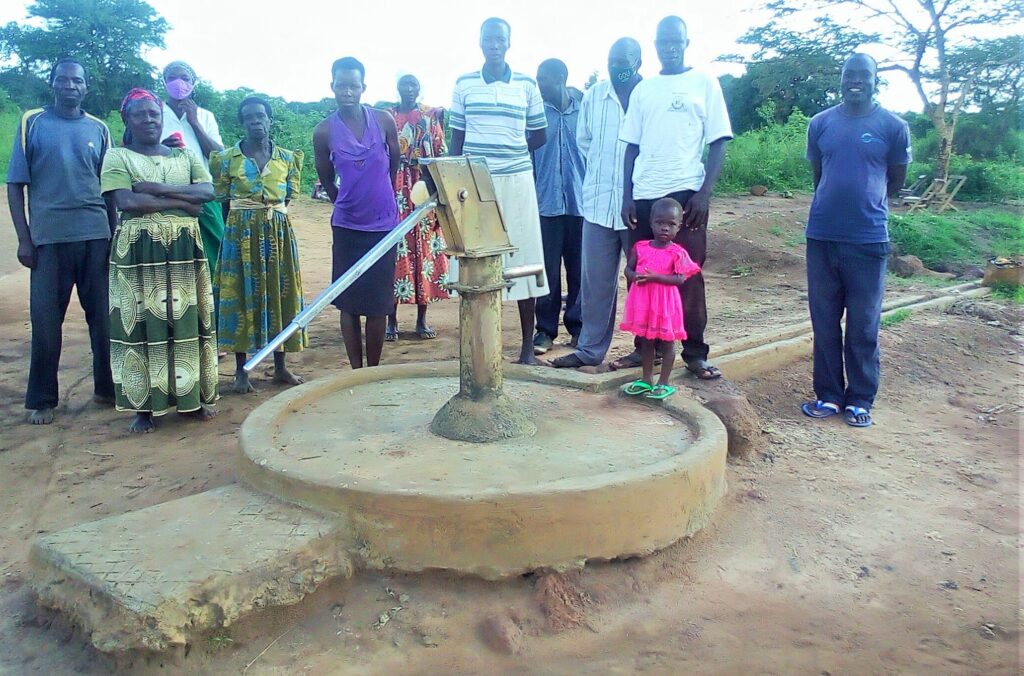
This was also true in Acwali Community, whose borehole produced brownish water due to the rusted pipes and rods. The pipes and rods there had also developed holes in them, making water difficult to pump for the 900 people that rely on it.
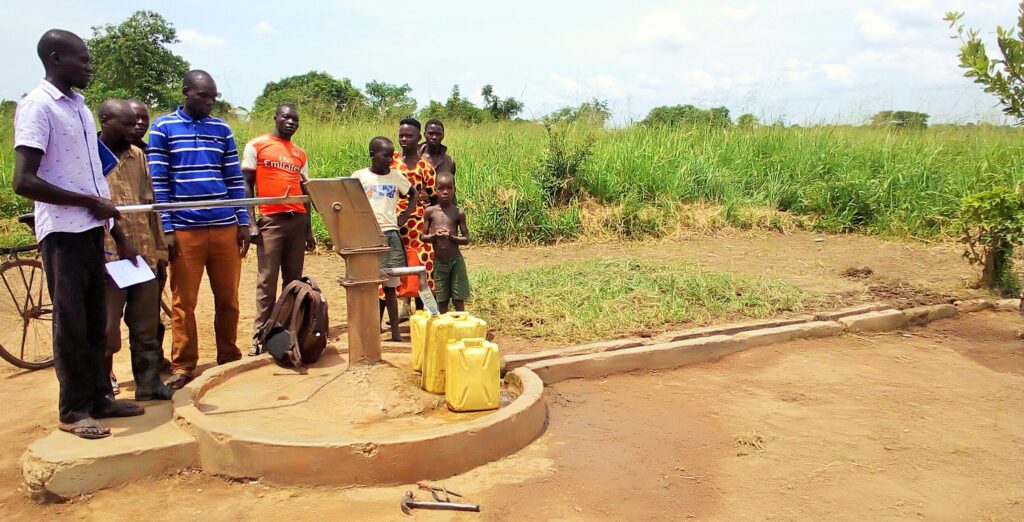
The other communities where water sources were rehabilitated include Aburkot, Awimon-Acamcuto, Adudul B, Abalang, Kirabet-Ikongoling, Obwoto Moo, Oriamai, Kadinya, Amotot, Aperkira Edyangu, and Acamidako Main. In each of these communities, community members requested that their borehole be fixed through our local partner. After an assessment visit, construction began. These assessment visits included the community leaders, local government, and the water user committee. Sometimes we need to re-engage a defunct water user committee, but no work is done until the water user committee is mobilized and actively engaged.
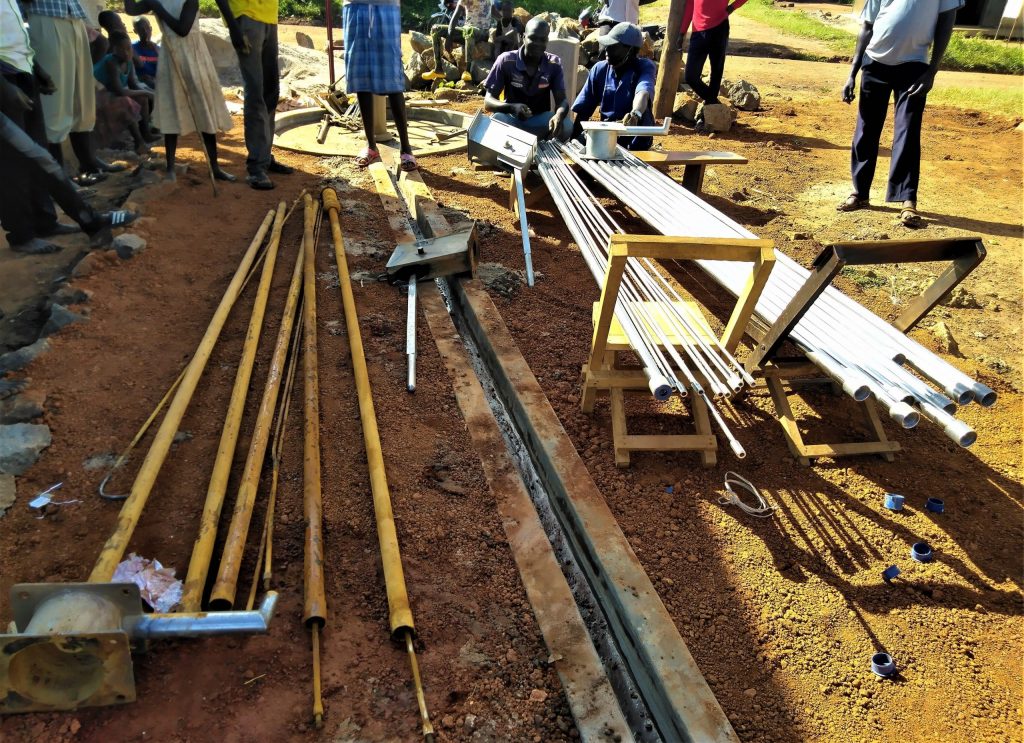
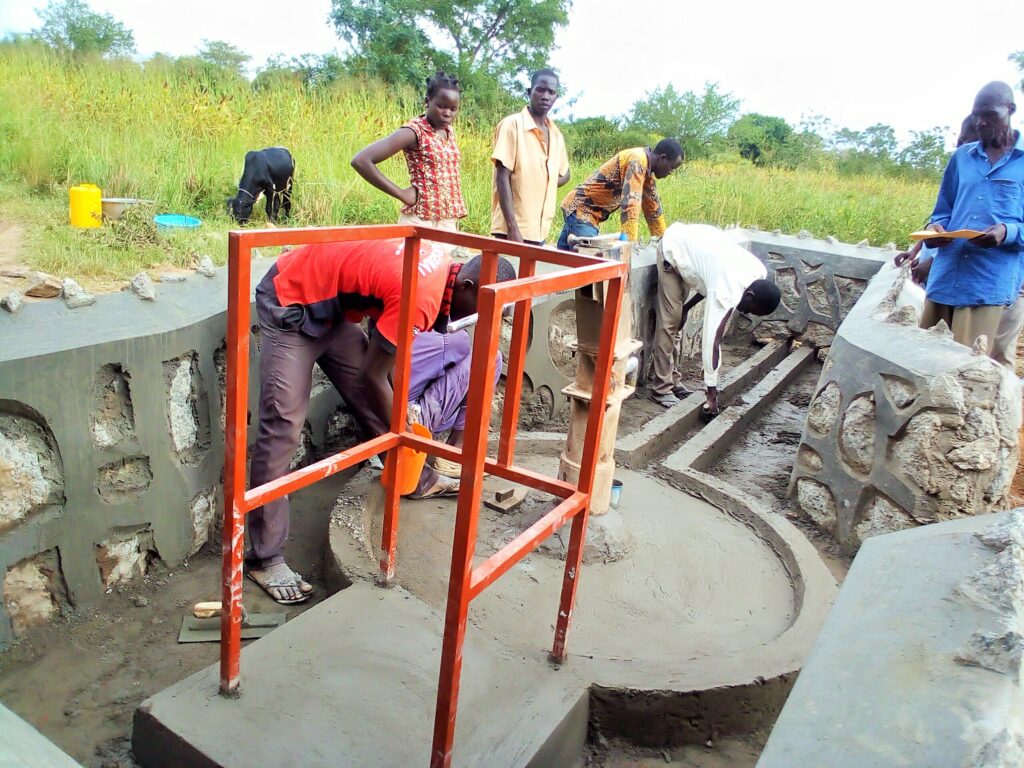
Our work doesn’t end when a borehole has been repaired, however. Every year, we host regular water user committee trainings so that committees can learn from each other and continue to have pride in their sources.
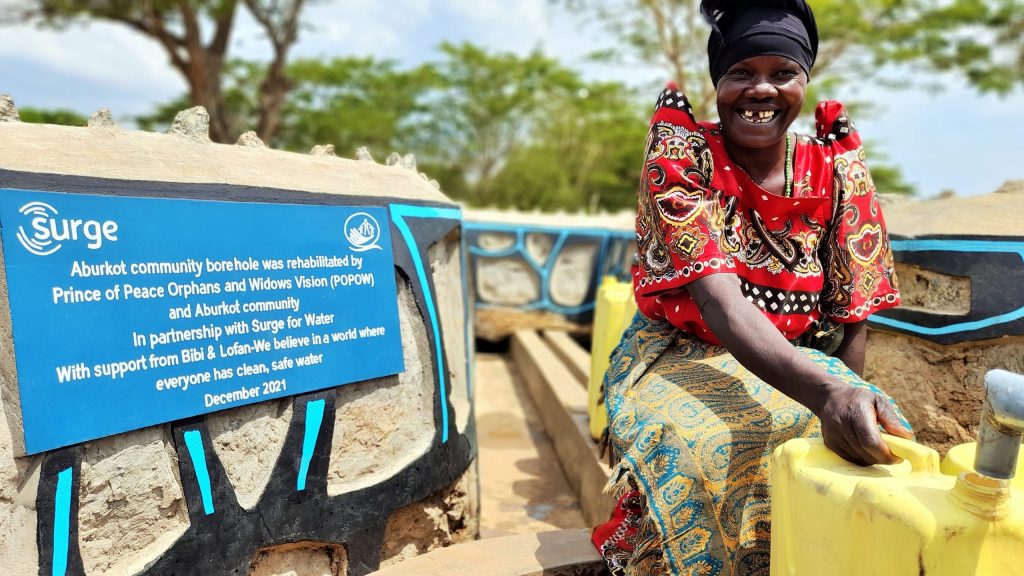
Aseto Monica, water user at Adudul B Community borehole, shared her thanks:
I am truly thankful that this borehole has been rehabilitated. The borehole has become more beautiful than I could have ever imagined. It now feels more comfortable to fetch water from it as the water is visibly clean.
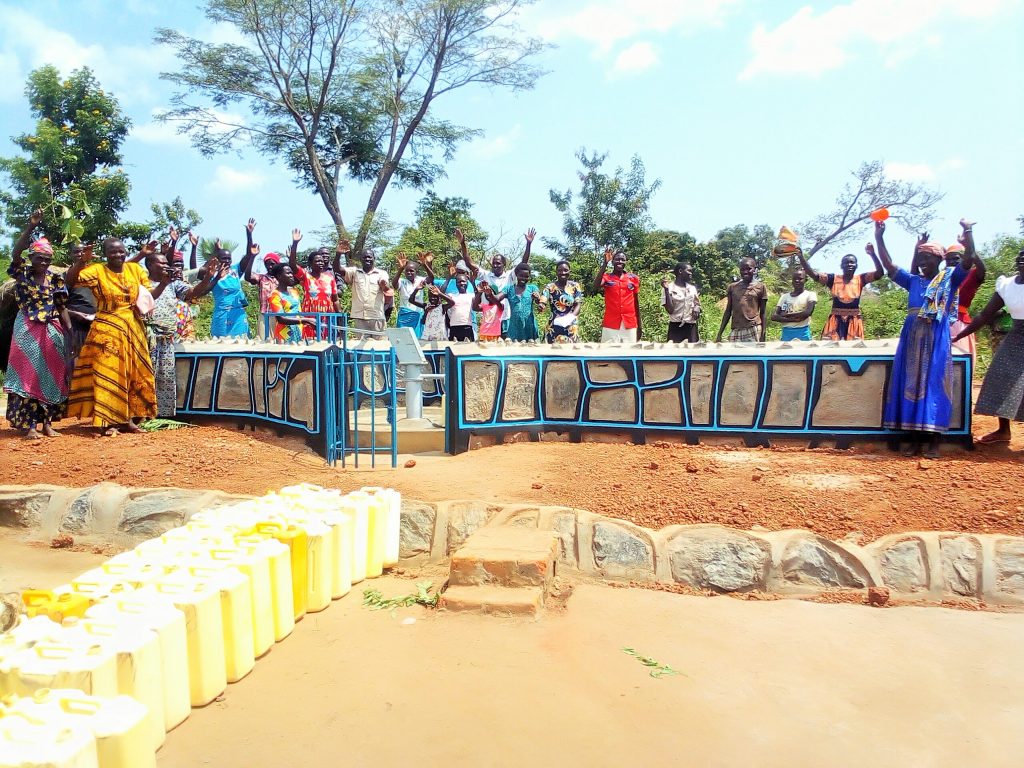
Through the support of the donors who helped make these solutions possible, communities now have access to clean water and improved hygiene and health:
Dipak Tailor, Azhar Siddiqui, Adam Bruckner, Doctors of Kidoloy Pediatrics, Bibi Petrovits & Lofan Leung, Shaila Alva & Mischa Van der Kamp, Jonathan Kingsbury, Yaron Eisenstein & family and friends, ETHS Clean Water Club, Noora AlMulla, and Tito’s Handmade Vodka
With the support of all of our donors, over 51,000 people in Uganda gained access to clean, safe water in 2021! If you’d like to learn more about our work or supporting these sustainable solutions, please contact us.
